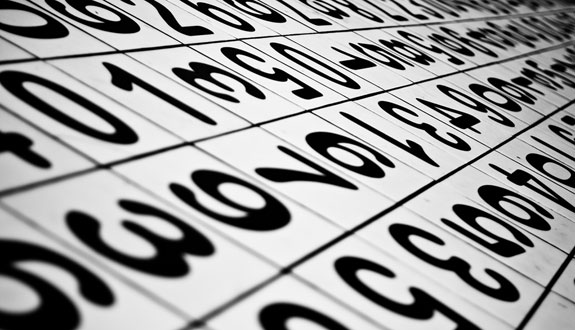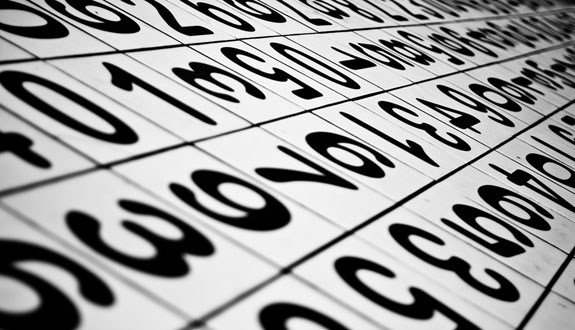It’s True: LSAT Scores are Key to Your Law School Fate
- by
- Aug 23, 2011
- LSAT
- Reviewed by: Matt Riley


There are a lot of numbers in this universe (an infinite amount, in fact), but all that matters when it comes to the LSAT examination is 120-180. That’s the range of LSAT scores anyone can get. Whichever one of those 61 numbers you end up with will largely determine where you’ll be going to law school. LSAT scores, therefore, are very important.
This isn’t a pass/fail kind of test; the higher your LSAT score, the more attractive you’ll be to law schools. So as you’re practicing, you want your LSAT scores to be ever increasing. You should never stop studying just because you hit your “target score.” LSAT scores can always be higher. Law schools take LSAT scores and combine them with your GPA to determine your index score. This is the first thing they see and the most important part of your application.
But what do LSAT scores mean?
On the test, you answer roughly 100 scored questions, each multiple choice. These 100 questions are what go into the making of LSAT scores. However, it’s not the exact number out of 100 that determines LSAT scores. It’s how many you get right compared to everyone else. LSAT scores show how well a test-taker does compared to other test-takers. That’s why LSAT scores correlate to percentiles. A score of 151-152 means you’re right about in the 50th percentile, meaning you did better than half the people who took the test, but also worse than half the people who took the test. A 164 generally means you’re roughly in the 90th percentile, while a 170 puts you in the 98th percentile.
So getting a 170 LSAT score means that you’re doing better than 98 out of every 100 people who took the test (a great place to be). Generally, you can miss about ten questions to get that score. But if the test is much easier, then everyone does better, and to get a 170 you may have to miss only seven or eight. Alternatively, if the test is very difficult, you might be able to miss 14 questions and still be doing better than 98% of test takers, and you’d still get a 170. So there’s no reason to hope for a harder or easier test, because it would be harder or easier for everyone, and the curved nature of the LSAT would correct for it.
So, which LSAT scores are the “good ones?” Well, it’s largely subjective. You can get LSAT scores that would make you a shoo-in for low-ranked schools, while with the same score you’d be nearly automatically rejected from top-tier schools. What makes for good LSAT scores depends on where you want to attend. Although, anything lower than a 150 is going to make getting into nearly any school rather difficult. In fact, many people consider a 150 to be the beginning of usable LSAT scores.
The important thing is that the higher your LSAT score, the more it’ll do for you. So keep studying!
Search the Blog

Free LSAT Practice Account
Sign up for a free Blueprint LSAT account and get access to a free trial of the Self-Paced Course and a free practice LSAT with a detailed score report, mind-blowing analytics, and explanatory videos.
Learn More
Popular Posts
-
logic games Game Over: LSAC Says Farewell to Logic Games
-
General LSAT Advice How to Get a 180 on the LSAT
-
Entertainment Revisiting Elle's LSAT Journey from Legally Blonde








